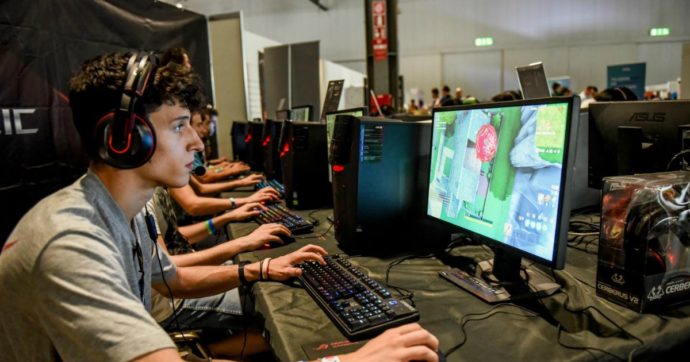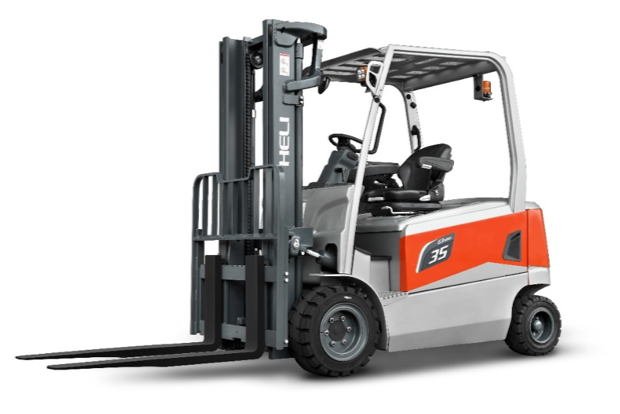In recent months, media around the world have discovered that there is a form of life, called "Gamers". They are humanoid beings with strange habits: they spend hours in front of the screen, they get excited if their avatar rips a dragon but, more intriguingly, they spend mountains of money in accessories and games. All Covid Free, indeed Covid Powered!
The world of video games was not born today. For anyone of the writer's age, playing a video game is a way to pass the time like reading a book (a rather rare activity in Italy), watching a football match on TV, or doing binge watching (in short, shoot an entire season of a TV series). The lockdown, net of allowing people to work from home, has magnified some virtual activities to pass the time. Social networks, e-commerce, Youporn and video games. On the first 3 I don't think there is much new to say, while on the fourth topic it is worth investigating.
What used to be a nerdy business today is a 'structured industry, with billionaire budgets, double-digit growth expectations and even competitions sponsored by major international brands. Just to give two figures for 2020: it is estimated that the world of gamers will exceed $ 160 billion in turnover. Surely a boost was given by the Covid but, it should be remembered, already in 2019 it was around 145 billion.
Surprisingly, a large proportion of the successful video games have been produced in the Nordic countries, such as Sweden where the market for developers and its supply chain is worth a few billion. The sector begins to have some gems also in Italy. A famous Italian is Riccardo Zacconi, that with the invention, and subsequent sale, of Candy Crush literally turned on the lights on Italian creativity. However, there are many realities that are emerging in our country. Help the bandwidth availability, the high rate of creativity of Italians and a growing technological competence.
However, if the collective imagination leads us to believe that "only in Milan" there can be a miracle, we are wrong. Milan it is certainly the capital of Italy for many sectors: finance, fashion, design, and yet the rising cost of living combined with the "no need" to be on site allows startup of the sector to be able to operate anywhere. This is the case of Cube, a Sardinian startup that, in a few years, has grown in the niche sector of accessories for simulators.
Here you have to go down in the technical. If a mouse and keyboard are enough for a strategic video game, for the real ones gamers car or flight simulation enthusiasts need one cloche or a steering wheel. The higher the sensitivity on the peripheral, the better the sensation andgaming experience. Obviously we are talking about a niche sector, in the world of gamers, however, the numbers are all there.
“We started in 2016, the first year we had a turnover of just under 20,000 euros, today we should close 2020 with 2 million. Operating from Sassari allows us to keep costs low productive and thanks to e-commerce we can sell anywhere ”explains Fabio Sotgiu, co-founder of Cube Controls.
Mind-boggling figures? A start. Recall that the peripheral sector, in the world of gaming, is a growing industry. In 2019 it is estimated to have reached about 3.9 billion dollars, with a growth forecast for 2020; the peripherals control they are a constant and growing presence.
If we consider that i simulation games they are mostly present on PC platforms and, more recently, consoles, we understand how most of the peripherals are created for PCs. “We started with racing wheels, to be used for e-sports. Having established our presence in the niche market of e-sports champions we are expanding to produce pedalboards and cloche for aircraft simulations ".
Sotgiu clarifies that, albeit niche, that of peripherals, for amateurs, is a product with high demand. A question for which true enthusiasts are willing to spend a lot. In the coming months (given what we read) a vaccine or treatment will be on the way. The fact remains that the tendency to working from home it will remain a working standard. This will push the demand for games, platforms (PCs, consoles) and related peripherals even higher.
It is nice to observe how, like Sweden, Italy has the skills and the competence to earn a slice of the market. The fallout for the whole nation, as Sweden demonstrates, is of great interest.








